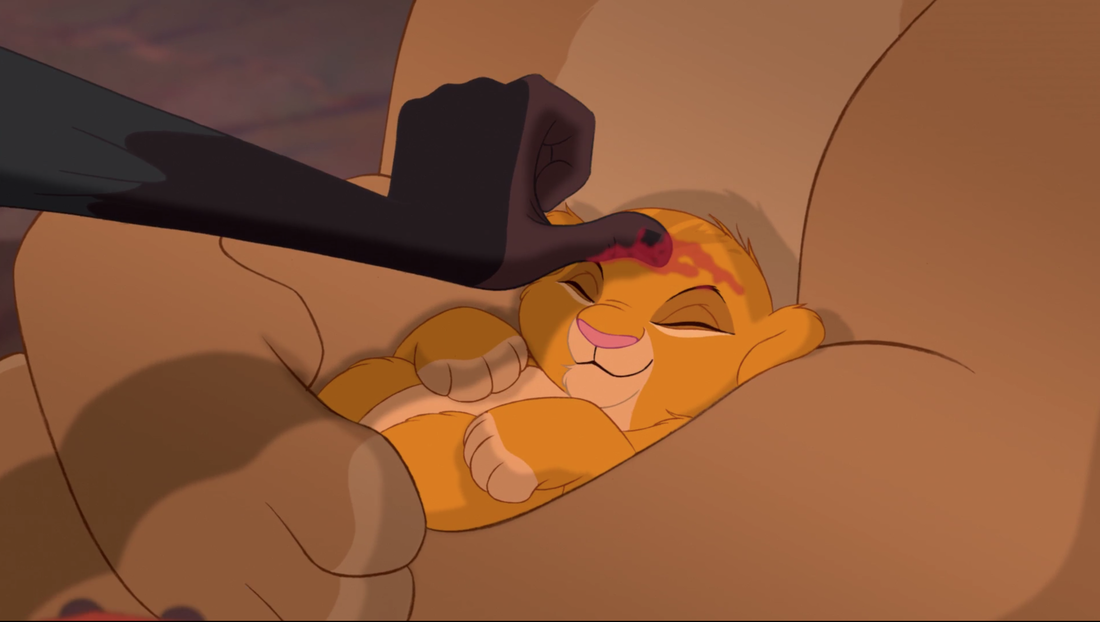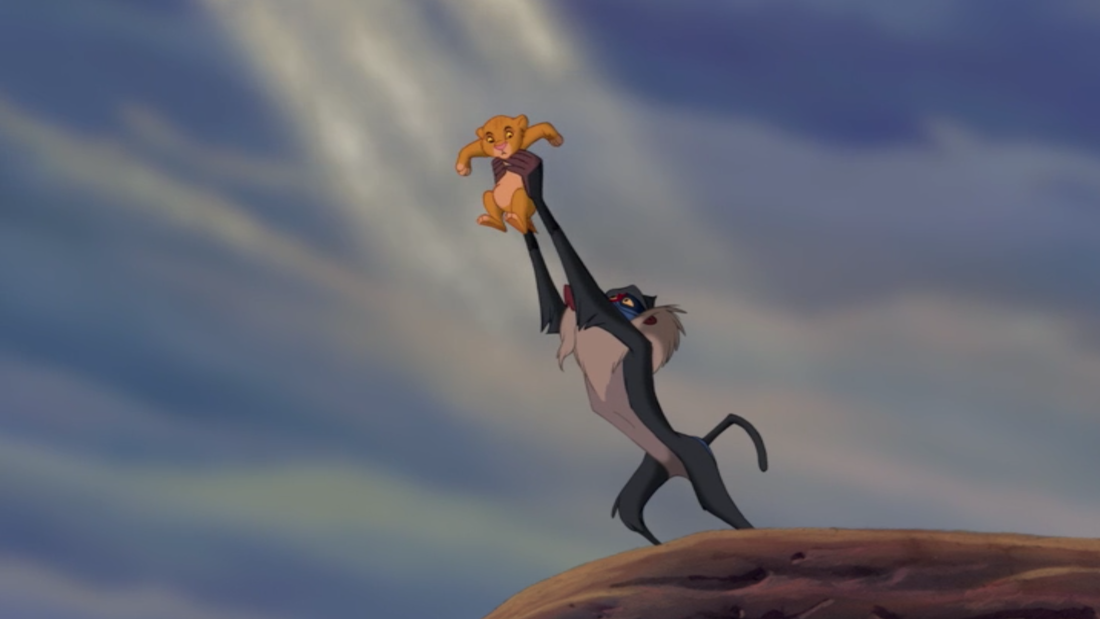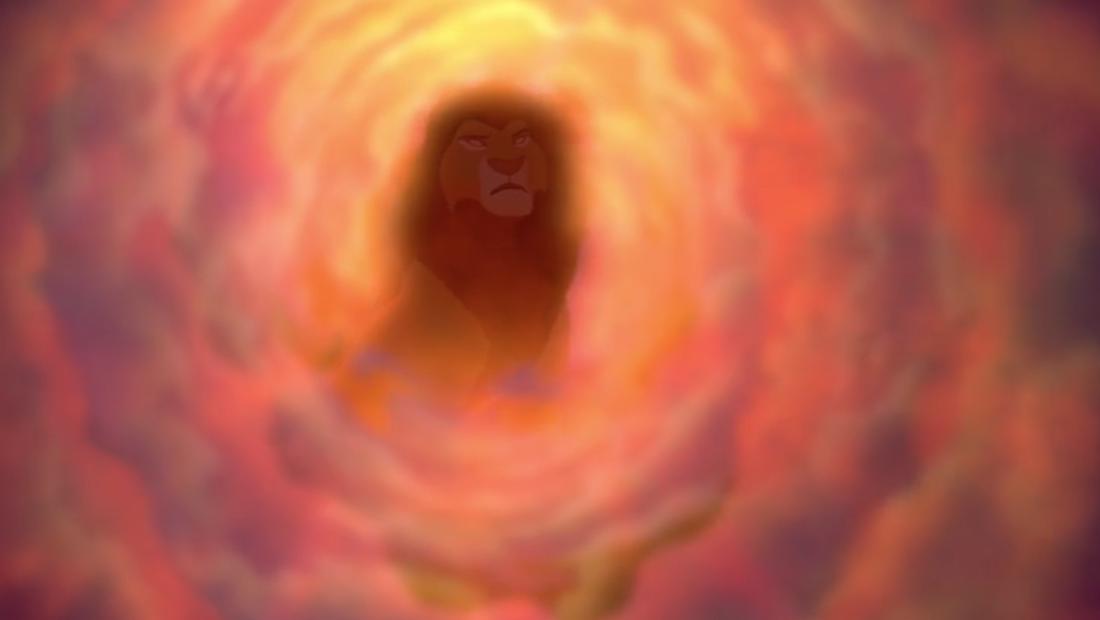|
The following post has been adapted from the sermon, "Remember," preached on July 21, 2019 at Peace Tree. Scroll down to watch the live stream video from that day.
Have you ever considered how important memories are? They place us in a larger story. They remind us who we are, where we came from, how far we’ve traveled, what makes us tick, and why we behave the way we do. Memories cause us to say things like “When I was your age…” Memories make us feel nostalgic; we think of simpler times, or perhaps we look back fondly and simplify the difficult times because we’re no longer in the midst of storms or battles. Our stories are filled with memories, but oral and written stories aren’t the only mediums which arouse memories. Sometimes smells, places, people, and songs carry their own memories. Think about your grandmother’s house and the aroma which filled the air right after she had finished preparing your favorite dish. How often do you return to the restaurant you ate at when you and your spouse went on your first date? Have you ever returned to the hospital where your children were born? Do the fun songs you sang at summer camp ever pop into your head after all these years? As individuals, we remember stories and recall memories that are important to us and our families. As the church, it’s important for us to remember too. We must share our memories with those who are younger in the faith. We have a responsibility to show others where we came from so that we have a better sense of where we are going. We do this every time we read Scripture, every time we pray the Lord’s prayer or recite the 23rd Psalm, every time we sing a hymn like Blessed Assurance with the refrain, “This is my story, this is my song…” It’s important for us to remember God’s story and to locate our lives inside that larger story. We’re able to recall certain memories from Scripture readings and prayers, and we remember moments in our faith journey whenever we sing certain songs. But there are particular rituals and sacred moments that have actually built memory into their own practices and liturgy. For instance, every time we celebrate Communion, we repeat Jesus’ words: “Take, eat; this is my body which is given for you…Drink this wine, all of you; this is my blood of the new covenant poured out for you and for many for the forgiveness of sins. Do this, as often as you drink it, in remembrance of me.” Jesus asks us to remember him. In our faith tradition, Holy Communion is one of only two sacraments with the other sacrament being Baptism. These are sacred moments when heaven comes down and kisses earth, when the community of those who have passed away surround us and celebrate with us. It’s a moment when God reaches out and imparts His grace, allowing us to glimpse the character and fullness of God. Now, there’s nothing magical about the wine or the bread; the baptismal fount isn’t enchanted. However, there is something that can only be described as life-giving when the water of baptism touches our head. When we’re given opportunities to remember our baptism and to feel the cool, familiar touch of the water on our skin we are reminded that Jesus has washed away all of our sins. I grew up in a very traditional United Methodist church with a pipe organ, a 40 person choir, acolytes, torch bearers, and a crucifer who lifted high the cross and led the choir in by processional every week. We even took the Bible off the altar, walked it into the middle of the sanctuary, and read Scripture while everyone stood and turned to face the God’s Holy Word. During baptisms, the pastor of my home church would take this silver object filled with baptismal water, and he would shake it at the congregation so that drops of water would land on us, and he’d say the words, “Remember your baptism and be thankful.” One of our pastors conducted infant baptisms in a way that would make me chuckle. He’d get a squirmy baby in his arms, typically in a fancy white baptismal gown, and he’d dip his hands in the water and place it on the child’s head and say the words, “I baptize you in the name of the Father, and of the Son, and of the Holy Spirit.” But then, he’d take the baby in his arms and walk the child down the length of the middle aisle, showing the congregation this newly baptized member of God’s family. The reason this practice of showing off a newly baptized baby made me chuckle was because it always reminded me of how Rafiki from The Lion King presented Simba as a newly baptized lion cub to the animal kingdom at the start of the movie.
The opening scene from this 1994 animated classic contains everything we see in church baptisms: parents who are proud of their child, friends and family who are there to lend their support, and an over-excited pastor who likes showing off babies to the entire congregation.
What an incredible moment it is when the sunlight breaks through the clouds and shines down on Simba, Rafiki, and all those on Pride Rock. I have to believe that the animators took some inspiration from Jesus’ baptism as seen in the Gospels. For instance, Matthew 3:16 reads, “Once he had been baptized, Jesus emerged immediately from the water. And behold, the heavens were opened, and he saw the Spirit of God, descending like a dove and alighting on him.” There’s another part of Jesus’ baptism that I swear the writers of the Lion King ripped straight from the Bible. After Simba’s birth, baptism, and presentation on Pride Rock, his father Mufasa dies at the hands of Scar; however, Simba blames himself for his father’s death and runs away. But then, Rafiki, the shaman mandrill from the beginning of Simba’s story, is able to track down Simba. Rafiki finds a lion who is all grown up, and he tells Simba that Mufasa still lives before leading him to a pool of water. Simba looks into the water and sees himself. He mutters to Rafiki, “That’s not my father! That’s just my reflection.” Rafiki says, “No, look harder. You see? He lives in YOU!” Immediately, Simba hears his name called from the heavens: “Simba, you have forgotten who you are and so have forgotten me. Look inside yourself…Remember who you are. You are my son, and the one true king. Remember who you are…remember, remember, remember.”
Compare this scene to Matthew 3:17 which reads, “And behold, a voice from the heavens was saying: “This is my son, the beloved, with whom I am well pleased.”
Eugene Peterson paraphrases Jesus’s baptism this way: “The moment Jesus came up out of the baptismal waters, the skies opened up and he saw God’s Spirit - it looked like a dove - descending and landing on him. And along with the Spirit, a voice: ‘This is my Son, chosen and marked by my love, delight of my life.’” Simba forgets who his father is and thus loses his identity. It’s only by working through the tough memories, by reclaiming his place in the larger story, by remembering who is father is that Simba fulfills his purpose and recovers from the trauma of his childhood. The baptisms and epiphanies we witness in Matthew’s Gospel and in The Lion King are enough to make us ask: Have we forgotten who we are? Have we allowed ourselves to be distracted by outside influences? Have we allowed the hurts from our past to cloud our memory and cause us to lose our identity? Perhaps it’s time remember who you are and whose you are. Remember that God has claimed you. God has adopted you. God has spoken your name. The Almighty has covered you with grace, has anointed you, and has washed away your sins. Let’s remember our baptisms and be thankful! Let’s live according to the example of Christ. Let’s demonstrate love and forgiveness to each person we encounter. Let’s continue making disciples of Jesus Christ, baptizing them in the name of the Father, and of the Son, and of the Holy Spirit. Let’s remember who we are. Amen. |
Peace Tree
Follow the journey of a new church as we answer the call to reach people in Collierville, Memphis, and the Mid-South. Archives
May 2022
Categories
All
|
|
Small Group Gatherings
Sun | Music Fellowship Sun | United Women in Faith Sun | ZUMBA with Kris Mon | Open Play Pickleball Mon | Mellow Mushroom G'town Tue | In the Loop House Group Tue | Leadership Meeting Tue | Book Club Wed | Open Play Pickleball Wed | Pick Up Basketball Thu | Pastor's Bible Study Fri | Family Fun Night |
Large Group Celebration
Sundays at 10:00 AM (doors open at 9:30 AM) Peace Tree at Shelby Drive 9315 E Shelby Dr Collierville, TN 38017 Office Hours Monday through Thursday 9:00 a.m. - 4:00 p.m. |
Mailing Address
Peace Tree UMC 9315 E Shelby Dr Collierville, TN 38017 |




 RSS Feed
RSS Feed